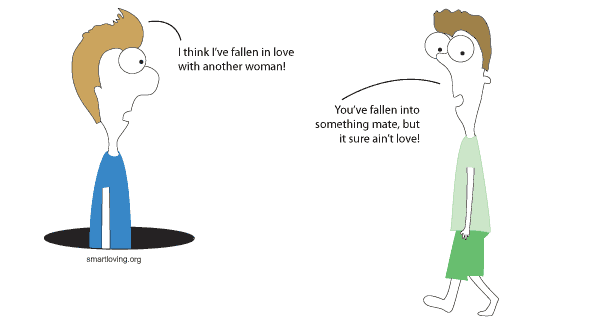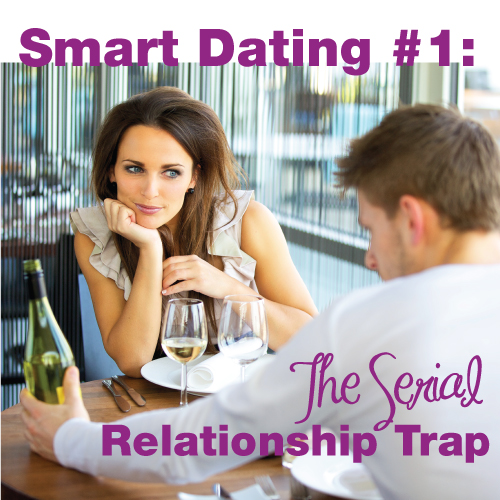Romantic Love: Feeling or Choice?

From Hollywood to Cleo, the cultural representations of Romantic Love are clear: it’s a spontaneous feeling of attraction and affection for another.
And like all feelings, we don’t choose it: it’s something that just happens to us. We spontaneously ‘fall’ into love and we are powerless to prevent it.
To be sure when it strikes, ‘Falling in Love’ is a wonderful experience.
A series of changes in our brain chemistry initiate a feeling of euphoria. Appetites wane, energy levels soar and sexual inhibitions diminish. We are filled with energy and tantalizing excitement.
This state, scientifically identified as ‘limerence,’ is however, not biologically sustainable. Eventually, our brain chemistry acclimatizes and with it, the euphoria also wanes, usually within six to eighteen months.
Tragically, too many people think that when the limerence ends, they have ‘fallen out of love’. And if they believe that ‘Love is just a feeling’ then that is the logical conclusion.
Reframing Romantic Love
This is a serious shortcoming of the cultural definition of Romantic Love.
If it is just a feeling, then we are at its mercy. We fall into love and we fall out of love and there is simply nothing we can do about it.
But what if Romantic Love is not just a feeling? What if it is also something in the will, something we choose?
In this understanding, Romantic Love is not our master, but we are the masters of it. We can choose to love, and love in a way that gives life to our beloved.
Even when the feelings of euphoria that make love so effortless in the beginning wear off, we can choose to care and act in ways to the benefit of our loved one. This is a more genuine love and the mark of a mature relationship.
Rather than settling for the inadequate Hollywood definition, let’s raise our sights and embrace a truer and more powerful understanding of Romantic Love – one that empowers couples to sustain our love through good times and bad.




I’ve been consciously trying this “other centred loving” approach for the past few months – its true, it makes an amazing difference to how you view the world and really takes the relationship to a new level.
I’ve been consciously trying this “other centred loving” approach for the past few months – its true, it makes an amazing difference to how you view the world and really takes the relationship to a new level.
What doesn that mean?
What doesn that mean?